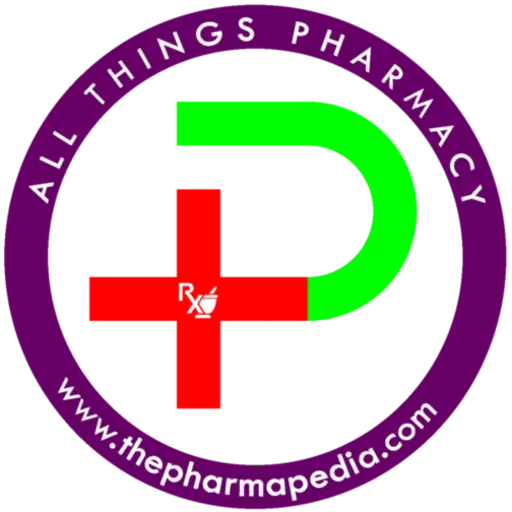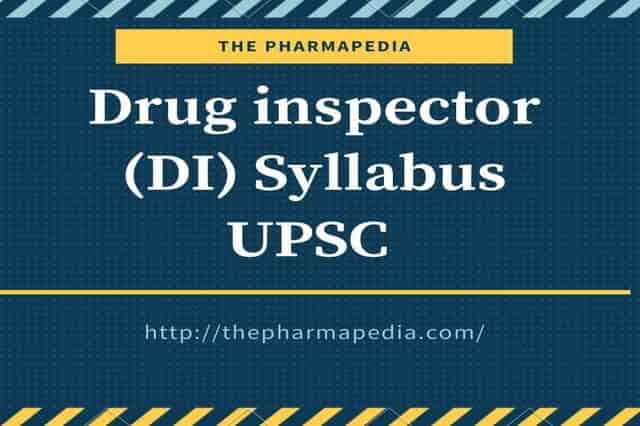Syllabus for Direct Recruitment of post of Drug Control Officer, Haryana
1. Capsules: Hard and soft gelatin capsules, Advantages, applications, formulation and evaluation.
2. Tablets: Types of tablets, granulation techniques, formulation of tablets, quality control tests, coating of tablets.
3. Parenterals: Formulation and quality control of parenterals.
4. Liquid orals: Formulation and manufacturing considerations of syrups, elixirs, gargles and mouthwashes.
5. Biphasic liquids: Emulsions: Advantages, Classification, Appearance and identification, Emulsifying agents, Physical instability- Markers, Evaluation of physical stability of emulsions; Suspensions: Advantages, Classification of suspensions, Physical stability, theory of sedimentation, surfactants.
6. Semisolid dosage forms: Preparation of ointments, pastes, creams and gels Excipients used in semisolid dosage forms Evaluation of semi solid dosage forms.
7. Ophthalmic preparations: Formulation of eye drops, eye ointments and eye lotions evaluation of ophthalmic preparations.
8. Cosmetics: Formulation and preparation of following cosmetic preparations: lipsticks, shampoos, cold cream, vanishing cream and sunscreens.
9. Pharmaceutical aerosols: Propellants, containers, valves, formulation of aerosols, evaluation of aerosols.
10. Packaging technology: Materials used for packaging of pharmaceutical products, Stability aspects of packaging materials.
11. Forensic Pharmacy: The Drugs and Cosmetics Act, 1940 and Rules, 1945; The Pharmacy Act, 1948; The Medicinal and Toilet Preparations Act, 1955; The Narcotic Drugs and Psychotropic Substances Act-1985.
12. Biopharmaceutics: Absorption, Distribution, Metabolism and Excretion of drugs; Bioavailability: absolute and relative bioavailability, measurement of bioavailability, methods to enhance the dissolution rates and bioavailability of poorly soluble drugs.
13. Quality control and quality assurance aspects of pharmaceutical industries: GMP, Total quality management (TQM), Good Laboratory Practices, Document maintenance in pharmaceutical industries. (CDSCC) and State Licensing Authority.
14. Indian regulatory requirements: Central Drugs Standard Control Organization


